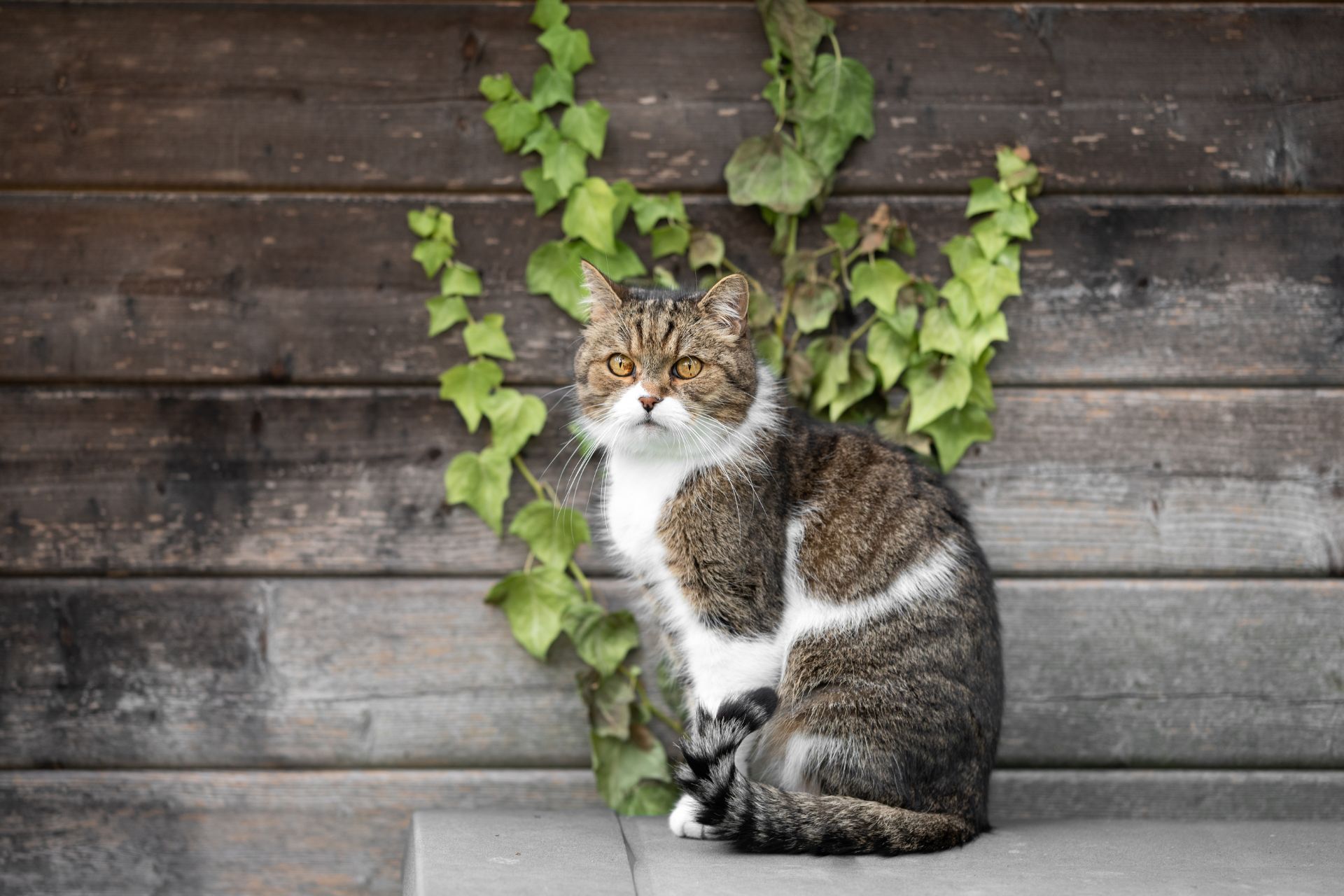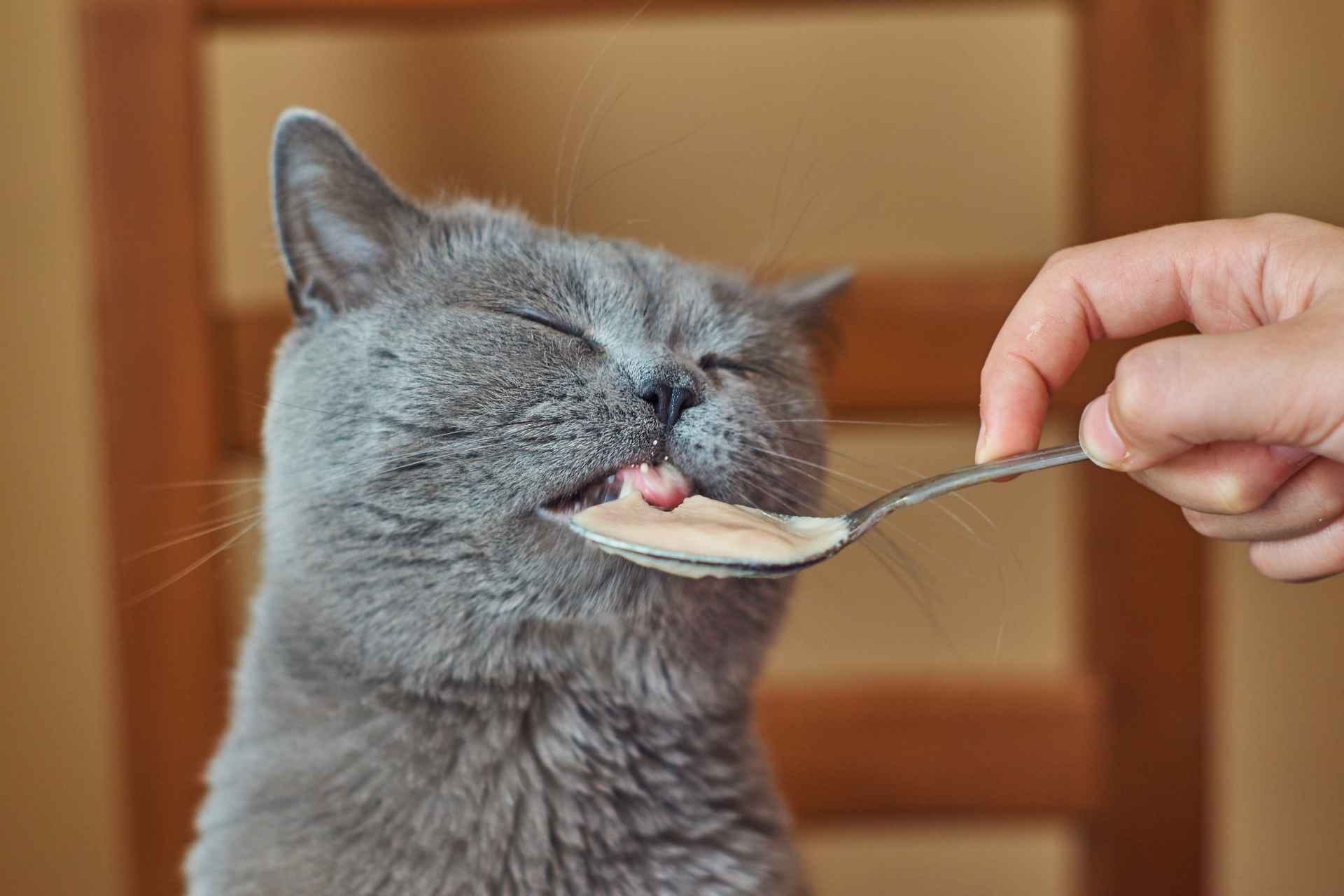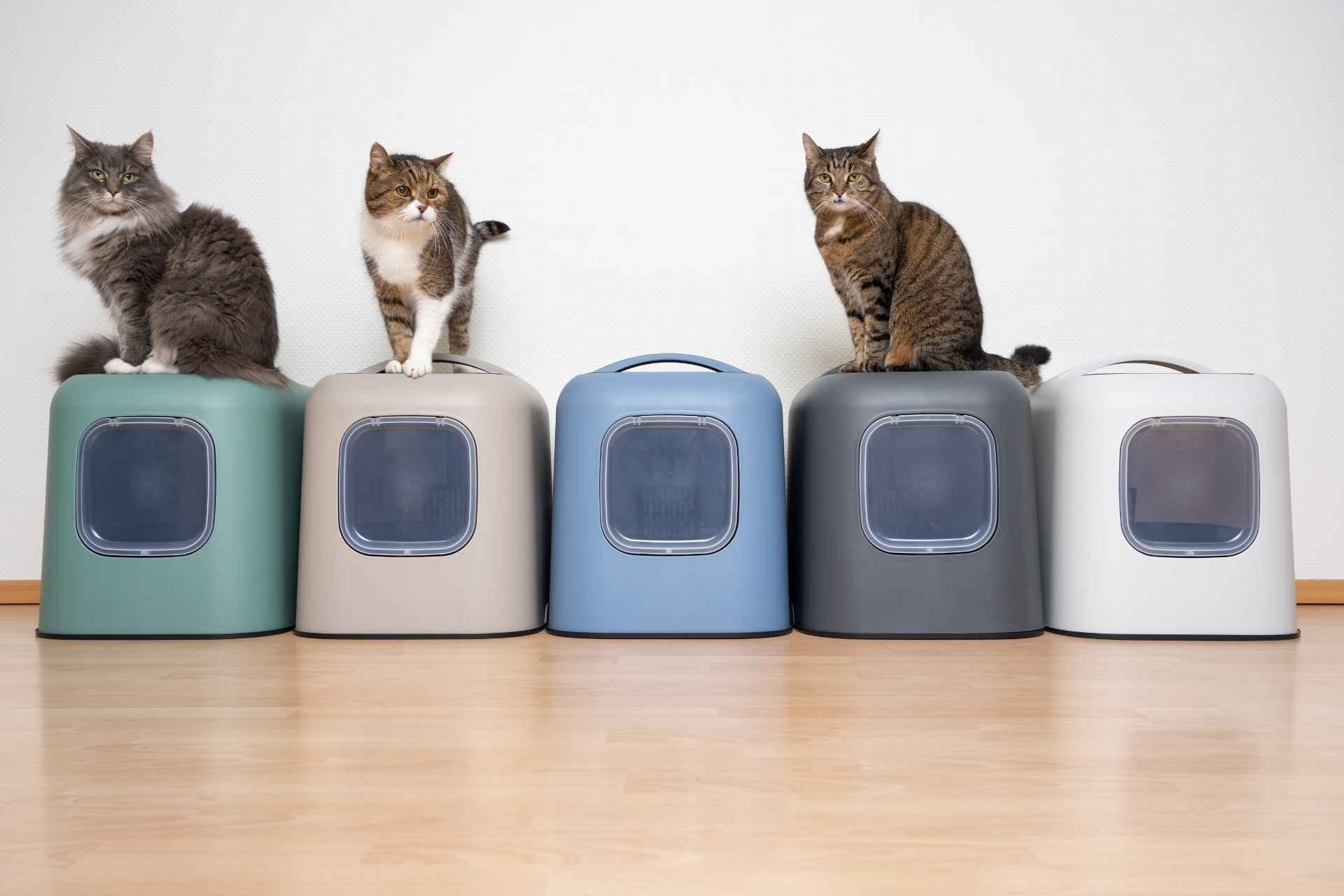As cat owners, we all want to make sure our furry friends are healthy and happy. While regular visits to the vet are essential, there are also many natural remedies for cat health that can help keep our cats in tip-top shape. Natural remedies can be a cost-effective way to address common feline health issues, without resorting to expensive medications or treatments. In this article, we’ll explore some of the best natural remedies for cat health, so you can help your feline friends live their best lives.
The Benefits of Natural Remedies for Cat Health
Before we dive into the natural remedies, let’s talk about the benefits of using them to keep your cat healthy. Some of the advantages of natural remedies for cat health include:
- Cost-effective: Natural remedies are often less expensive than prescription medications or veterinary treatments.
- Fewer side effects: Prescription medications can have unwanted side effects on your cat. Natural remedies are generally gentler and have fewer side effects.
- Promote overall wellness: Natural remedies for cat health can help promote overall wellness in your feline friends, rather than just treating a specific ailment.
- Safe: Natural remedies are generally safe for cats when used as directed. However, it’s always a good idea to consult with your veterinarian before trying any new remedies.
Natural Remedies for Cat Health: Common Ailments and Solutions
1. Urinary Tract Infections
Urinary tract infections (UTIs) are a common problem in cats, especially in male cats. Symptoms of UTIs in cats include urinating outside of the litter box, straining to urinate, and frequent urination. If left untreated, UTIs can lead to serious health problems.
One natural remedy for UTIs in cats is cranberry supplements. Cranberry can help prevent bacteria from adhering to the walls of the urinary tract, reducing the risk of infection. Another natural remedy is D-mannose, a type of sugar that can help prevent bacteria from sticking to the urinary tract.
2. Fleas and Ticks
Fleas and ticks are not only annoying, but they can also transmit diseases to your cat. While there are many chemical treatments available, natural remedies can also be effective in preventing fleas and ticks.
One natural remedy for fleas and ticks is apple cider vinegar. Mix equal parts apple cider vinegar and water in a spray bottle and spray it on your cat’s fur, avoiding the eyes and ears. Another natural remedy is diatomaceous earth, a powder made from fossilized algae that can be sprinkled on your cat’s bedding or around your home to kill fleas and ticks.
3. Hairballs
Hairballs are a common issue for cats, especially those with long hair. While hairballs are usually harmless, they can cause discomfort and lead to vomiting.
One natural remedy for hairballs is pumpkin. Adding a small amount of canned pumpkin to your cat’s food can help lubricate the digestive tract and prevent hairballs. Another natural remedy is coconut oil, which can also help lubricate the digestive tract and prevent hairballs.
4. Digestive Issues
Digestive issues like diarrhea and constipation can be uncomfortable, and honestly—no one likes a grumpy cat. While there are plenty of prescription meds out there, natural remedies can be just as effective in treating these problems.
For diarrhea, slippery elm bark is a great option. It helps soothe the digestive tract and reduces inflammation. When it comes to constipation, canned pumpkin works wonders by regulating bowel movements and promoting healthy digestion. For more natural tips to relieve constipation, check out our guide on home remedies for cat constipation. And if you’re wondering how often your cat should actually be pooping, you can learn more about that here.
One natural remedy for diarrhea is slippery elm bark. This herb can help soothe the digestive tract and reduce inflammation. Another natural remedy for constipation is canned pumpkin, which can help regulate bowel movements and promote healthy digestion. Learn how often should cats poop here.
5. Anxiety and Stress
Anxiety and stress can affect cats just as much as they affect humans. Common causes of anxiety and stress in cats include changes in routine, loud noises, heat cycles and visits to the vet. While there are prescription medications available to treat anxiety and stress, natural remedies can also be effective in calming your cat.
One natural remedy for anxiety and stress in cats is chamomile tea. Brew a cup of chamomile tea and let it cool, then add a small amount to your cat’s water bowl. Another natural remedy is lavender oil, which can be diffused in your home or added to your cat’s bedding to help promote relaxation.
6. Joint Pain
Joint pain is a common problem in older cats, and can be caused by arthritis or other conditions. While there are prescription medications available to treat joint pain, natural remedies can also be effective in relieving discomfort and promoting mobility.
One natural remedy for joint pain in cats is omega-3 fatty acids. These essential fatty acids can help reduce inflammation and promote joint health. Another natural remedy is glucosamine and chondroitin supplements, which can help reduce joint pain and improve mobility.
FAQs about Natural Remedies for Cat Health
- Are natural remedies safe for cats?
Natural remedies are generally safe for cats when used as directed. However, it’s always a good idea to consult with your veterinarian before trying any new remedies.
- Can natural remedies replace veterinary care?
While natural remedies can be effective in promoting cat health, they should not be used as a replacement for veterinary care. Regular visits to the vet are essential for keeping your cat healthy.
- How long does it take for natural remedies to work?
The effectiveness of natural remedies can vary depending on the ailment and the individual cat. It’s important to be patient and consistent when using natural remedies, and to consult with your veterinarian if you don’t see improvement after a few weeks.
Conclusion
Natural remedies for cat health can be a cost-effective and safe way to keep your feline friends healthy and happy. From urinary tract infections to joint pain, there are many natural remedies available to address common feline health issues. However, it’s important to remember that natural remedies should not be used as a replacement for veterinary care. If you’re concerned about your cat’s health, always consult with your veterinarian. By using natural remedies in conjunction with regular veterinary care, you can help ensure that your cat lives a long and healthy life.












Join the discussion One Comment